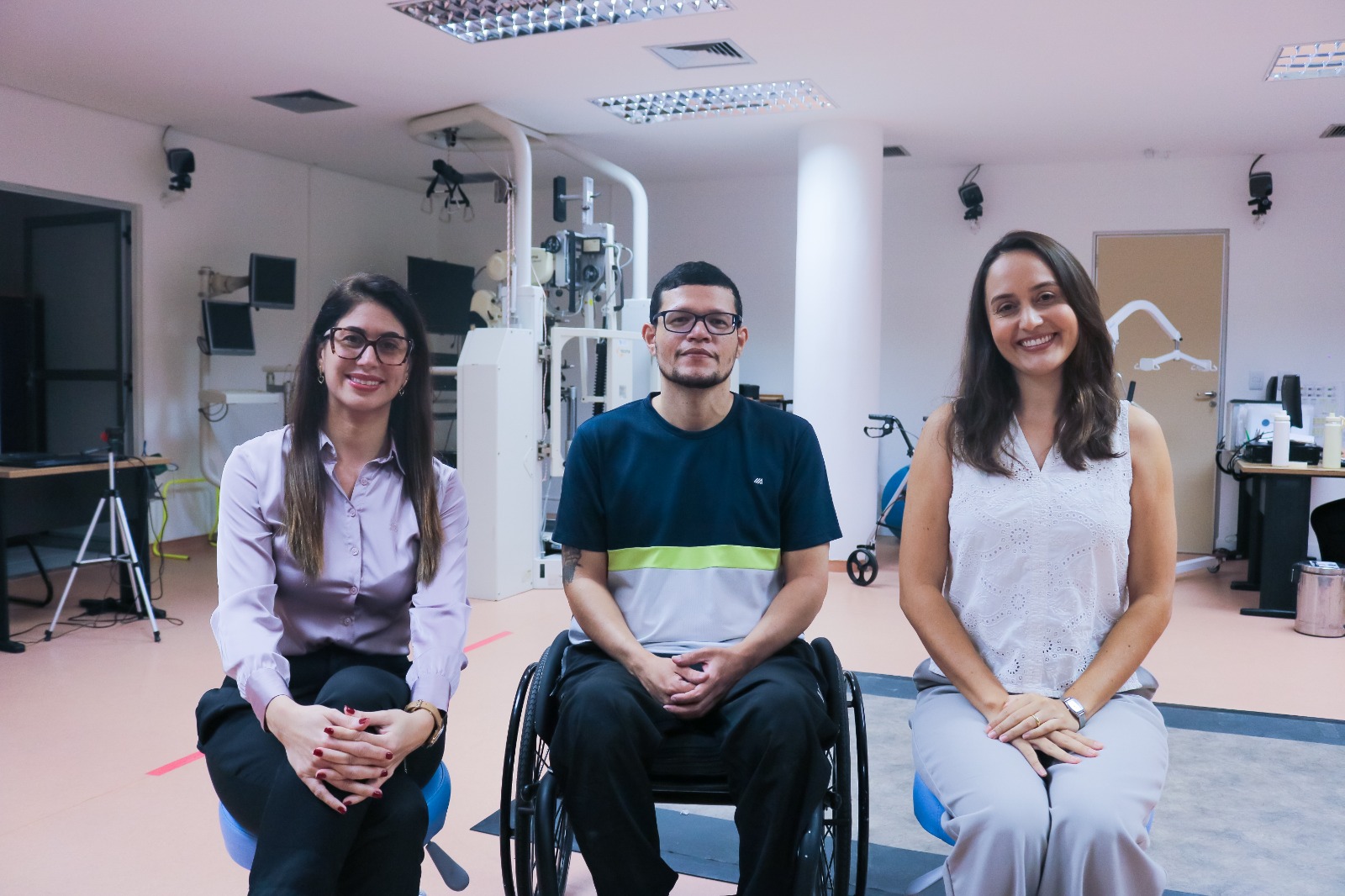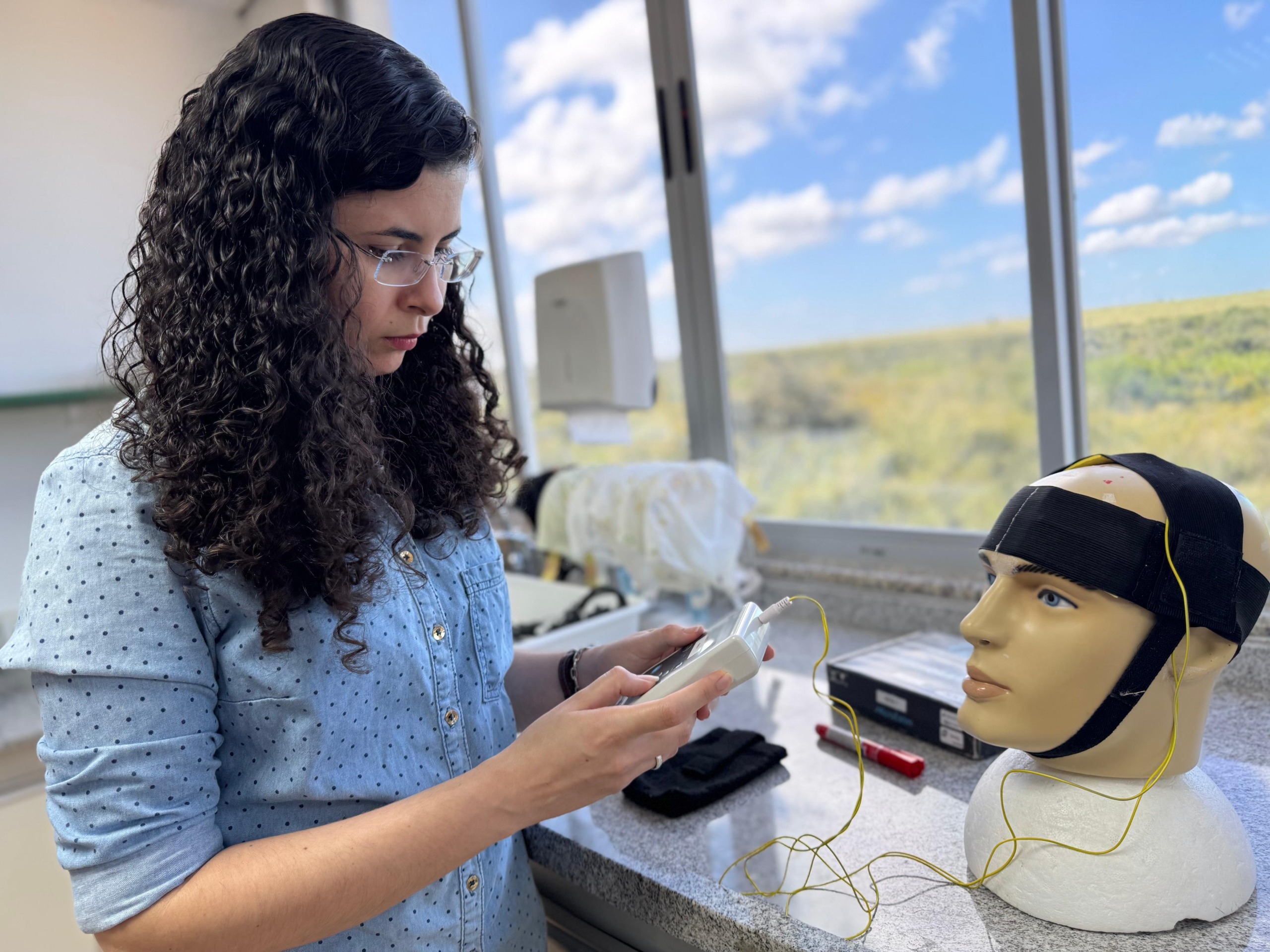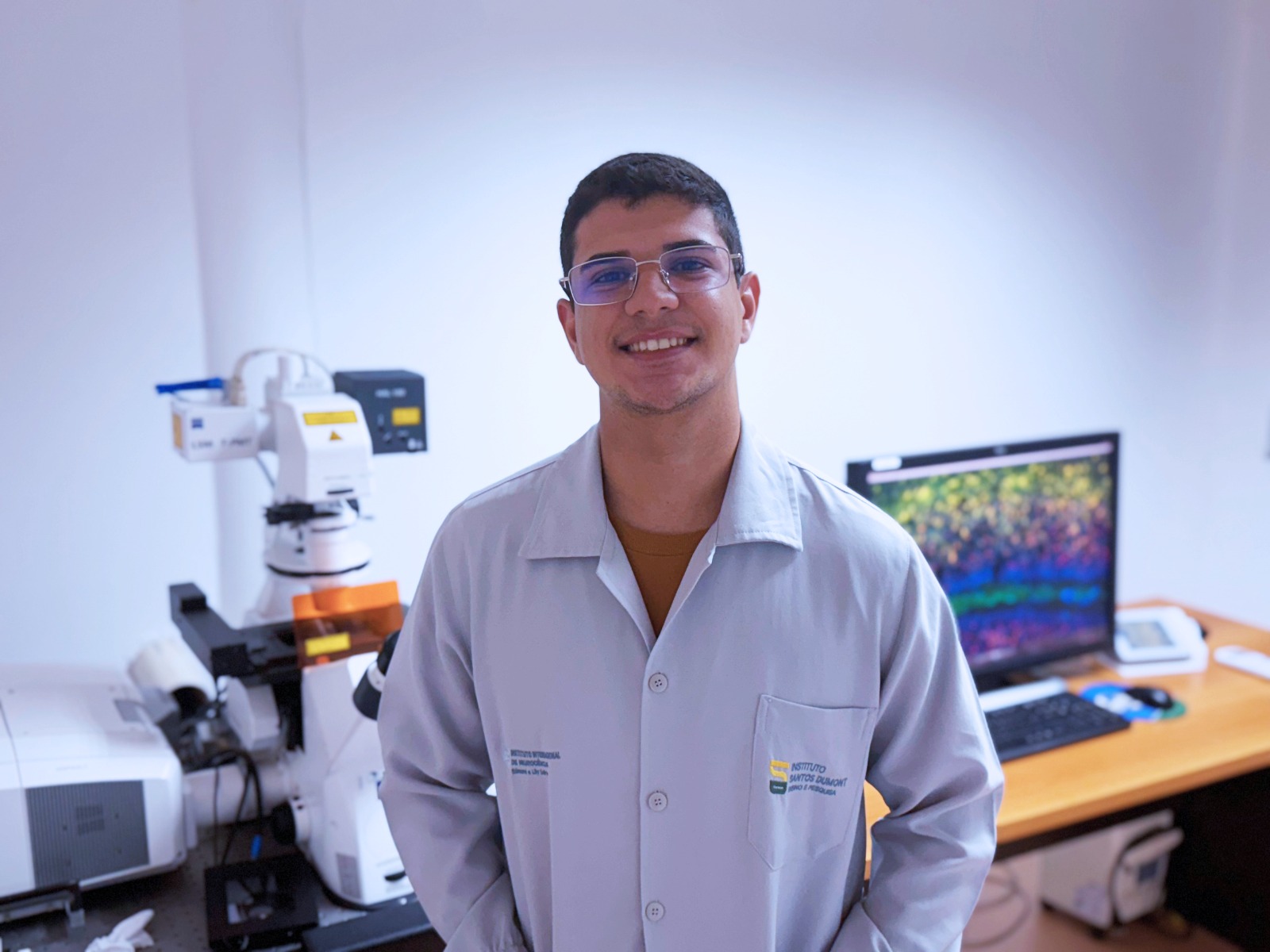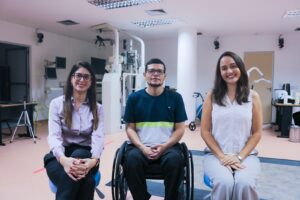On May 2nd and 3rd, the Brazilian Ministry of Health and the Pan American Health Organization (PAHO), regional office of World Health Organization (WHO) for the Americas, promoted the third edition of the strategy’s instructor training Zero Maternal Deaths due to Hemorrhage in Brazil, an initiative that brought together health professionals from 22 Brazilian states. The obstetrician Reginaldo Freitas Junior, General Director of the Santos Dumont Institute (ISD) and Professor at the Federal University of Rio Grande do Norte (UFRN), who became a national instructor in the second training held in 2018, talks about the experience of training multipliers of the Zero Maternal Death strategy for o Brazil: “As a teacher, doctor and above all as a citizen of a country that has not been able to achieve the goals for reducing maternal mortality, being a national instructor of the strategy means putting into practice the discourse of personal commitment to this cause that must be embraced throughout Brazil.”
According to the organizers, this training, which has been taking place in Brazil since 2015, involves strengthening health services, eliminating barriers to access, training staff to deal with obstetric hemorrhage and ensuring the availability of essential medicines and safe blood for transfusions.
Preventable Maternal Mortality
ISD carries out permanent work related to preventable maternal mortality, promoting training and awareness activities on the topic since 2016 aimed at health professionals and society in general. In 2018, the Anita Garibaldi Health Education and Research Center (CEPS) became part of the Municipal Committee for the Prevention of Maternal, Infant and Fetal Mortality of Macaíba (RN) to expand and strengthen the work already developed in the “Avoidable Maternal Mortality” project, carried out by the Institute.
CEPS is part of the aforementioned committee as an “organized civil society entity that serves pregnant women and children classified as high risk”. The group's proposal is to promote periodic meetings, with several objectives, including establishing channels that allow effective social control of the execution of surveillance and promoting action plans to combat maternal, infant and fetal mortality in Macaíba (RN ).
“As the manager of an educational institution for the health professions, socially responsible and linked to the Federal Government, strengthening the Strategy is imperative so that the right to safe motherhood is guaranteed to Brazilian women”, says Reginaldo.


Data from PAHO/WHO from 2018 reflect a reality that is still little discussed outside of medical environments:
- Every day, approximately 830 women die from preventable causes related to pregnancy and childbirth around the world.
- 99% of all maternal deaths occur in developing countries.
- Maternal mortality is higher among women living in rural areas and poorer communities.
The main complications that can occur, representing approximately 75% of all maternal deaths, are hypertension (pre-eclampsia and eclampsia); severe bleeding (especially after childbirth); infections (usually after birth); and birth complications.
The majority of maternal deaths can be avoided if the mother and baby receive adequate monitoring during pregnancy and are guaranteed the basic rights of access to health care before, during and after pregnancy.
Text and photos: Ariane Mondo / Ascom – ISD (With PAHO/WHO information)
Top photo: PAHO/WHO Disclosure
Communication Office
comunicacao@isd.org.br
(84) 99416-1880
Santos Dumont Institute (ISD)
Social organization that maintains ties with the Ministry of Education (MEC) and whose mission is to promote education for life, forming citizens through integrated teaching, research and extension actions and to contribute to a fairer and more humane transformation of the Brazilian social reality.













